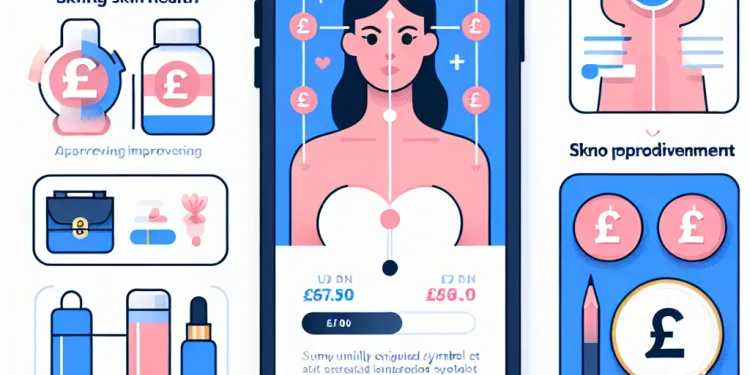
Find Help
More Items From Ergsy search
-

Is eczema contagious?
Relevance: 100%
-
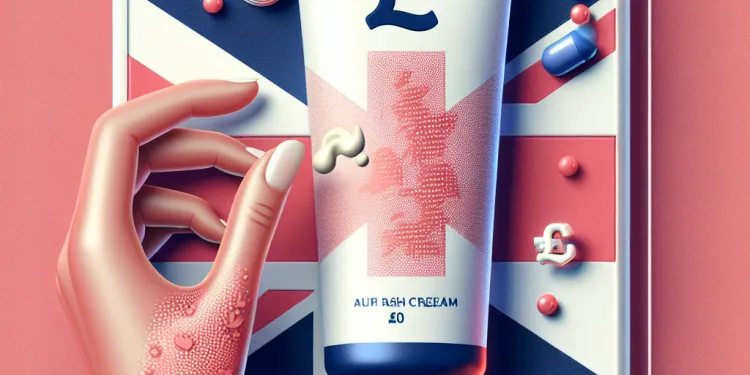
Is there a cure for eczema?
Relevance: 99%
-
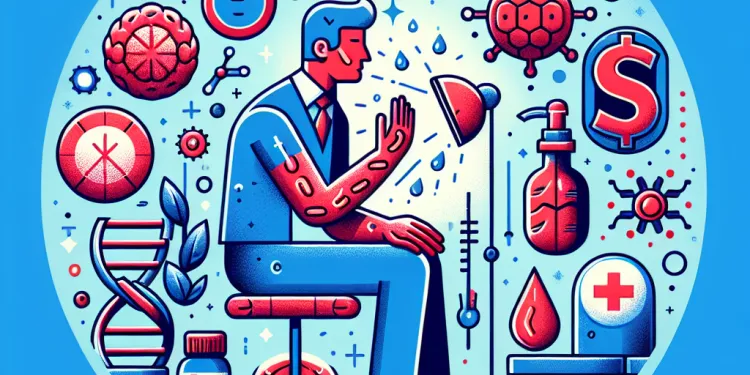
What causes eczema?
Relevance: 95%
-

What is eczema? General Information
Relevance: 92%
-

Who is at risk of developing eczema?
Relevance: 91%
-
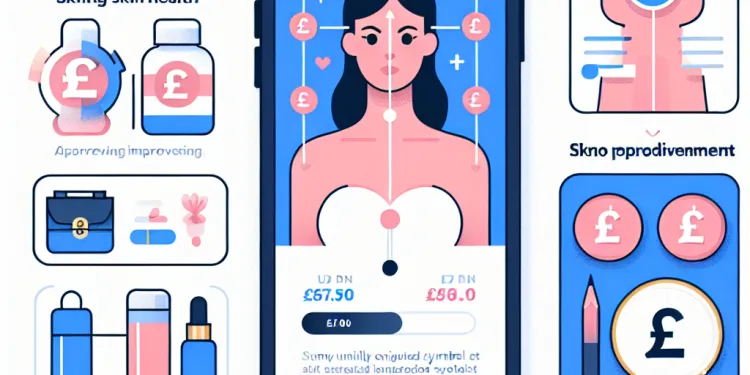
Can eczema improve with age?
Relevance: 91%
-

Can diet affect eczema?
Relevance: 91%
-

What are the main types of eczema?
Relevance: 91%
-
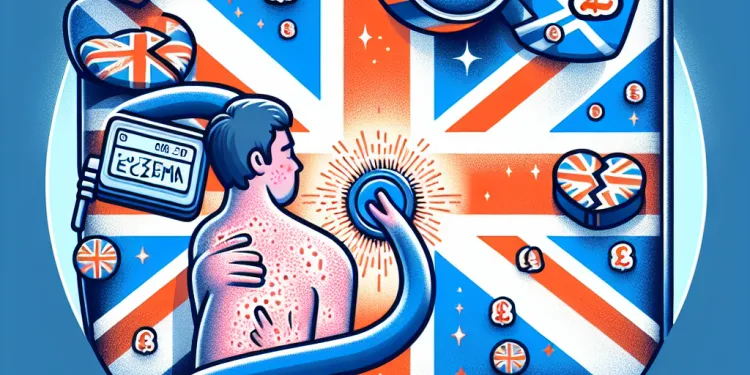
How can eczema be diagnosed?
Relevance: 91%
-

What treatments are available for eczema?
Relevance: 91%
-

Are there any home remedies for eczema?
Relevance: 90%
-

Factors that trigger eczema in your child
Relevance: 88%
-

Managing and treating your child's eczema
Relevance: 87%
-

How can I prevent eczema flare-ups?
Relevance: 85%
-

Eczema - Your child's appointment | Dermatology | Paediatrics
Relevance: 85%
-
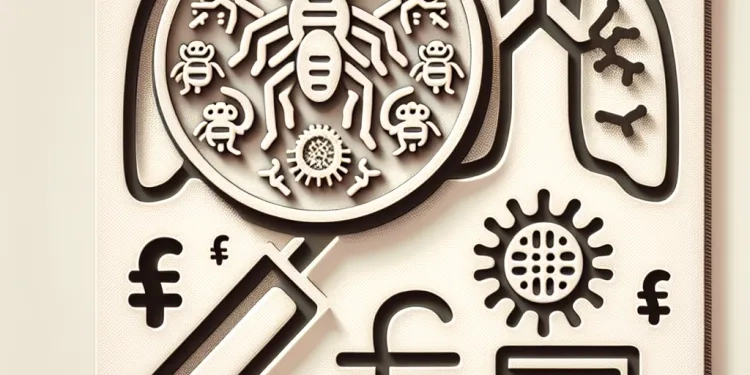
Can dust mites cause asthma and eczema?
Relevance: 78%
-
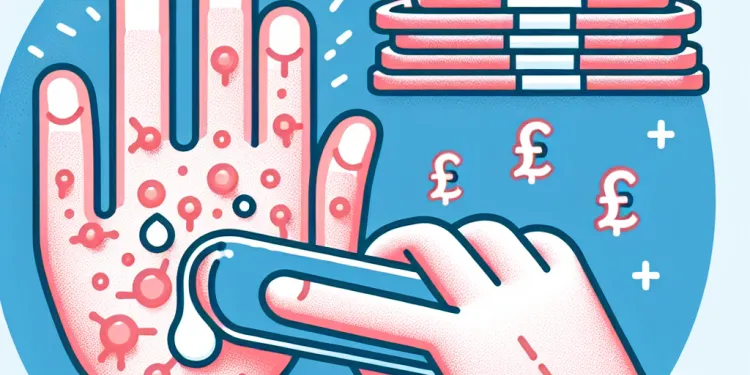
What are common symptoms of eczema?
Relevance: 66%
-

How does weather affect eczema?
Relevance: 63%
-
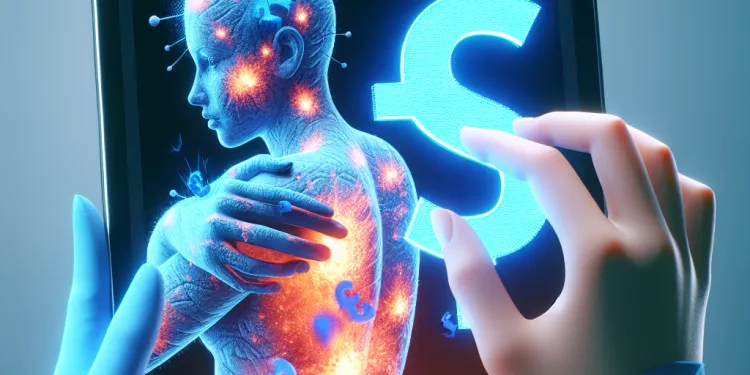
Can stress make eczema worse?
Relevance: 38%
-

How to apply wet wraps
Relevance: 35%
-
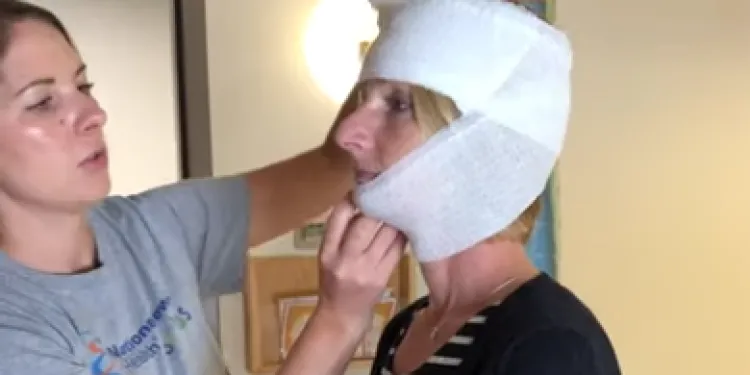
How to apply wet wrap bandaging to the head and face area.
Relevance: 31%
-
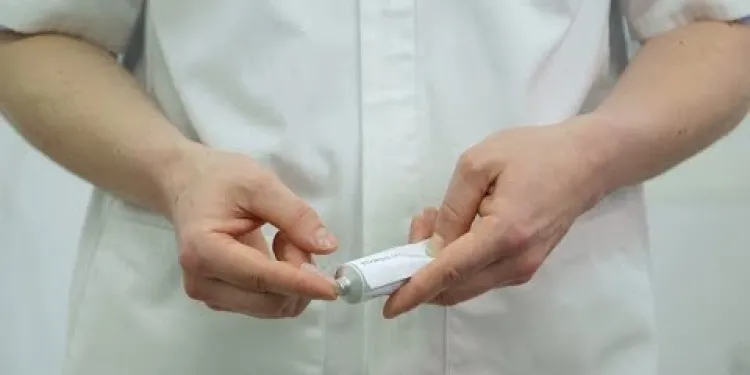
Steroid cream see Topical corticosteroids
Relevance: 21%
-

What are some signs of poor gut health?
Relevance: 20%
-
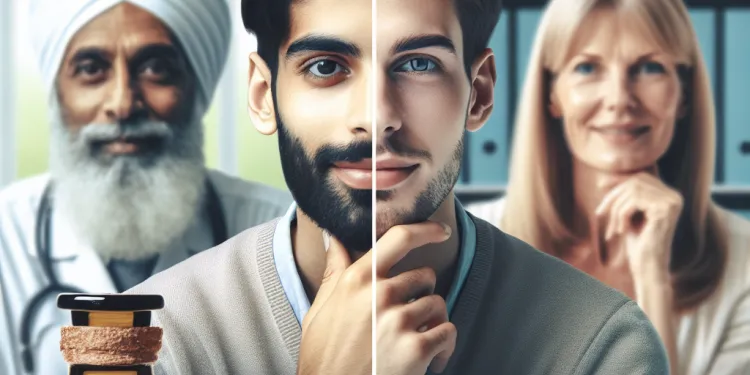
What are some common conditions treated with homeopathy?
Relevance: 19%
-

What are Dairy Allergies?
Relevance: 19%
-

Can adults get impetigo?
Relevance: 19%
-

When should I seek medical help for impetigo?
Relevance: 18%
-

Can I get impetigo more than once?
Relevance: 18%
-
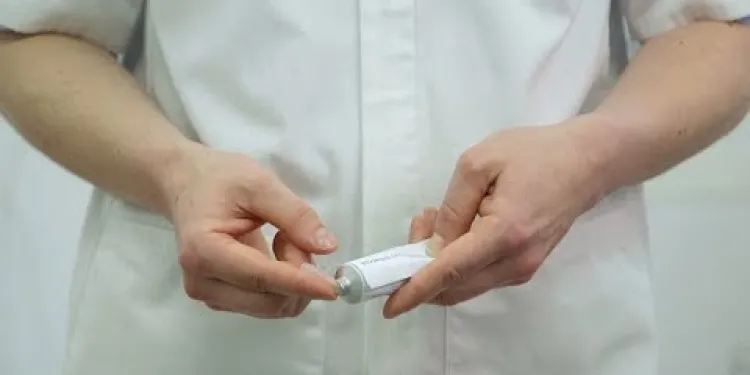
How to use topical steroids
Relevance: 17%
-

How can I tell if I have impetigo?
Relevance: 16%
-

Is nettle rash contagious?
Relevance: 16%
-
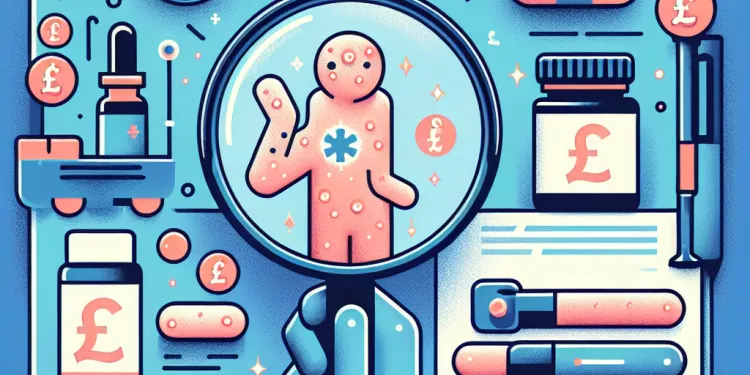
Is there a cure for psoriasis?
Relevance: 15%
-

What are common symptoms of nettle rash?
Relevance: 14%
-
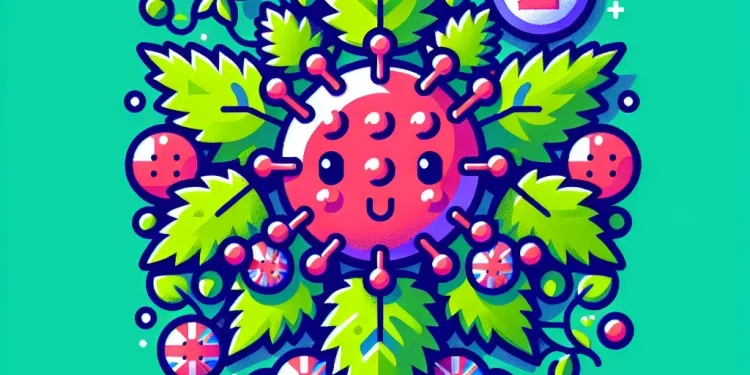
What is nettle rash?
Relevance: 14%
-

What is psoriasis?
Relevance: 13%
-

What causes asthma?
Relevance: 13%
-
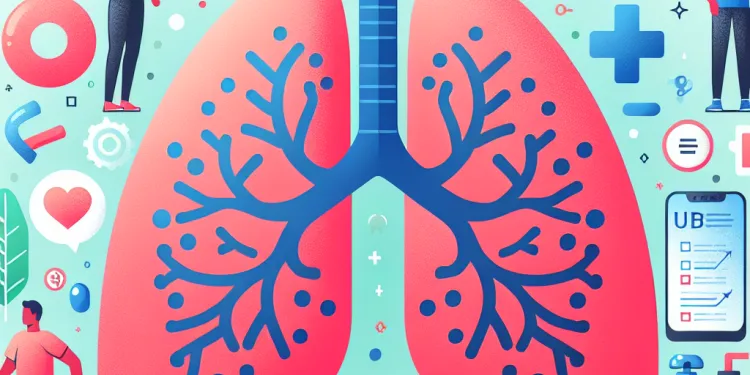
Are there different types of asthma?
Relevance: 12%
-

How is a nut allergy diagnosed?
Relevance: 12%
-

What should I do if I think I have a nut allergy?
Relevance: 12%
-
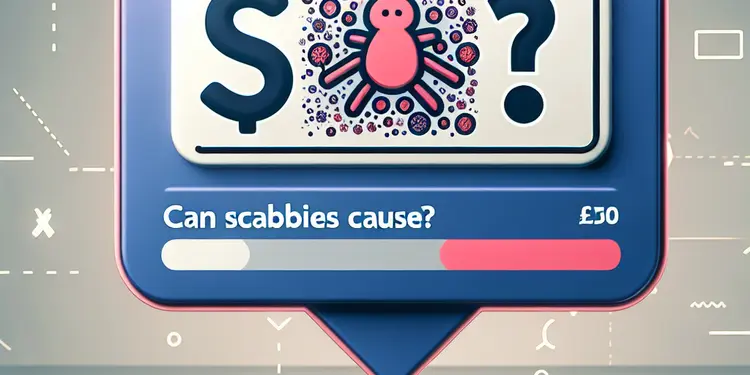
Can scabies cause complications?
Relevance: 12%
Understanding Eczema and Its Development
Eczema, also known as atopic dermatitis, is a chronic skin condition characterized by dry, itchy, and inflamed skin. It is common in children, affecting 1 in 5 at some point in their lives, but it can also persist into adulthood. The exact cause of eczema is not entirely understood but is believed to be a combination of genetic and environmental factors that cause the skin to become excessively dry, leading to the characteristic symptoms.
Can Eczema Improve with Age?
Many people wonder if eczema can improve with age, and the answer is somewhat optimistic. For some individuals, especially children, eczema symptoms can become less severe as they grow older. Around 60% of children who have eczema experience significant improvement by their mid-teenage years. This improvement is often due to maturation of the immune system and changes in skin properties that occur during adolescence.
Factors Contributing to Improvement
Several factors contribute to the potential improvement of eczema as one ages. Primarily, the development and strengthening of the skin's barrier function over time can help reduce the frequency and severity of eczema flare-ups. Additionally, changes in lifestyle, stress management, and dietary modifications can also have positive effects on the condition.
Moreover, as individuals age, they typically become more adept at identifying and avoiding their personal triggers, such as certain allergens or irritants that can provoke a flare-up. A more proactive approach towards managing skin care, including regular moisturizing and using appropriate skin products, can also aid in maintaining healthier skin.
Persistence of Eczema into Adulthood
While many people see improvements, it is important to note that eczema does not disappear entirely for everyone. Some individuals continue to experience symptoms well into adulthood. Adult-onset eczema, where symptoms appear later in life, also occurs and can be triggered by factors such as stress, hormonal changes, or environmental influences.
Managing Eczema as You Age
Effective management of eczema involves a holistic approach tailored to the individual's unique needs. Regular consultation with healthcare professionals, such as dermatologists, can help develop a tailored care plan. Treatments may include topical corticosteroids, emollients, and in some cases, systemic medications. Recent advancements in medical treatments, such as biologic drugs, have also provided new options for those with severe eczema.
In summary, while eczema can improve with age for many individuals, it remains a lifelong condition for others. Emphasis on proactive and preventive care, alongside medical interventions as needed, can effectively manage the symptoms and improve quality of life for those afflicted by eczema.
Understanding Eczema
Eczema is a skin problem that makes your skin dry, itchy, and sore. It is also known as atopic dermatitis. Eczema happens a lot in kids. About 1 in 5 children get it. Sometimes, it can continue when you are an adult. We do not know exactly why people get eczema. But it seems to be a mix of genes and things around us that make the skin very dry.
Does Eczema Get Better With Age?
People often ask if eczema gets better as they grow up. The answer is a bit hopeful. Some kids find that their eczema gets better as they get older. About 60% of kids with eczema feel much better by their teenage years. This might be because their immune system and skin get stronger as they grow.
Why Might Eczema Get Better?
There are reasons why eczema might get better as you age. The skin gets stronger, which can help stop eczema flare-ups from happening so often. Also, changing how you live, like eating better, managing stress, and avoiding triggers, can help with eczema.
As people get older, they learn to stay away from things that make their eczema worse. These might be things like certain foods or soaps. Taking good care of your skin, such as using moisturizer, can also help keep your skin healthy.
Does Eczema Stay in Adulthood?
Even though many people get better, some still have eczema when they are adults. Some people even get eczema as adults for the first time. This might happen because of stress, changes in hormones, or things in the environment.
How to Handle Eczema When You Are Older
Taking care of eczema is about finding what works for you. Doctors, like skin specialists, can help make a plan for your care. You might use special creams, like corticosteroids, or moisturizers. Sometimes, doctors suggest other medicines that help many people. New treatments, like special drugs called biologics, are helping people with bad eczema feel better.
To sum up, eczema might get better as you grow up, but it doesn’t go away for everyone. Taking care of your skin and seeing a doctor can help you feel better and live well with eczema.
Frequently Asked Questions
Can eczema improve as people get older?
In many cases, eczema can improve with age, particularly for children. Some children may outgrow the condition or experience fewer flare-ups as they get older.
Why does eczema sometimes improve with age?
Eczema may improve with age due to changes in the immune system, skin maturation, and better-developed skin barrier function over time.
At what age might eczema start to improve?
Eczema often starts improving in children around the ages of 5 to 7, but improvements can occur at different ages for different individuals.
Do all children outgrow eczema?
Not all children outgrow eczema, but many experience significant improvement or remission of symptoms as they grow older.
Can eczema persist into adulthood?
Yes, eczema can persist into adulthood for some individuals, even if it improves or goes away during childhood.
Does eczema ever completely disappear?
For some individuals, eczema may completely disappear, but others might continue to experience occasional flare-ups throughout their lives.
Can lifestyle changes impact the improvement of eczema with age?
Yes, lifestyle changes such as improved skincare routines, avoiding triggers, and managing stress can positively impact eczema and its improvement over time.
Is adult-onset eczema common?
While eczema is most common in children, adult-onset eczema can occur, but it is less common.
Does genetics play a role in whether eczema improves with age?
Genetics can influence the course of eczema, including whether it improves with age or persists.
Can hormonal changes with age affect eczema?
Yes, hormonal changes, such as those during puberty or menopause, can influence eczema symptoms and severity.
Are there treatments that can help eczema improve with age?
Consistent use of moisturizers, topical treatments, and sometimes medications can help manage symptoms and support improvement over time.
Can eczema worsen with age instead of improving?
While many experience improvement, some individuals might find eczema worsens with age due to lifestyle, environmental, or immune system changes.
How important is ongoing skincare for eczema as one ages?
Ongoing skincare is crucial for managing eczema, as maintaining hydration and protecting the skin barrier can reduce symptoms and prevent flare-ups.
Can diet modifications lead to improvements in eczema with age?
Dietary modifications, such as avoiding allergens or eating anti-inflammatory foods, can help some people manage eczema and potentially improve it over time.
If my eczema improves with age, can it still flare up occasionally?
Even if eczema improves with age, individuals may still experience occasional flare-ups due to various triggers like stress or environmental changes.
How does the environment influence eczema improvement with age?
Environmental factors, such as climate, pollution, and allergens, can impact eczema symptoms and their improvement or worsening over time.
Can emotional factors influence whether eczema improves with age?
Yes, emotional factors such as stress and anxiety can influence eczema severity and management, affecting how it improves with age.
Are there specific age-related changes in the skin that help eczema improve?
With age, the skin's barrier function can strengthen and the immune response may become less reactive, both of which can help reduce eczema symptoms.
Is adult eczema fundamentally different from childhood eczema?
While the underlying condition is the same, adults may experience eczema differently, potentially with thicker, darker patches and more chronic symptoms.
What role do healthcare professionals play in helping eczema improve with age?
Healthcare professionals can diagnose, offer treatments, and provide guidance on managing eczema effectively, supporting improvement over time.
Does eczema get better as people grow up?
Yes, eczema can get better as people get older. Some children might stop having eczema when they grow up. But some people still have eczema even when they are adults.
If you have eczema, here are some tips to help:
- Use a gentle moisturizer every day to keep your skin soft.
- Try not to scratch your skin, even if it is itchy.
- Wear soft clothes that don't rub your skin too much.
- Take warm baths, not hot, and use mild soap.
- See a doctor if your skin is very sore or itchy.
Many times, eczema gets better as you grow up. This happens a lot with kids. Some kids might not have eczema anymore when they get bigger, or they might have it less often.
Why can eczema get better as you get older?
As you get older, your eczema might get better. This is because your body changes as you grow. Your skin and immune system get stronger, so your skin can protect you better.
When does eczema start to get better?
Children often start to get better from eczema when they are 5 to 7 years old. But, everyone is different, and some kids might get better at other ages.
Do all children get better from eczema?
Some kids stop having eczema as they get older. But not all children do. Eczema can soothe with time, but some people have it for a longer time. If your child has eczema, talk to a doctor to learn how to help. You can use creams, take baths with gentle soap, and wear soft clothes to make it better.
Some children stop having eczema as they get older. But not all children stop having it. Many kids feel much better or have fewer problems with eczema when they grow up.
Can you still have eczema when you grow up?
Yes, some people can still have eczema when they are adults. Eczema is a skin problem that makes your skin itchy and red. Children often have eczema, but some people do not grow out of it.
If you have eczema, here are some tips to help you:
- Use special creams for your skin.
- Try not to scratch your skin, even if it itches.
- Wear soft clothes that do not scratch your skin.
- Ask a doctor for advice if your eczema is bad.
Some people find it helps to talk about their eczema with a grown-up they trust. They can give you support and help you feel better.
Yes, some people still have eczema when they grow up, even if it got better or went away when they were kids.
Can eczema ever go away for good?
Eczema is a skin problem. But sometimes it can get better.
For some people, eczema goes away for a while, but it can come back.
Some kids find that eczema gets better as they grow up.
If you have eczema, try these things to help:
- Use cream to keep your skin soft.
- Don't scratch your skin.
- Ask an adult to talk to a doctor for more help.
Some people stop having eczema, and it goes away. But other people might still get it sometimes, even when they are grown up.
Can changing how we live help with eczema as we get older?
Yes, changing some habits can help with eczema. You can try looking after your skin better, staying away from things that make it worse, and finding ways to calm down stress. These changes can help your skin get better over time.
Do many grown-ups get eczema later in life?
Eczema usually happens in kids, but grown-ups can get it too. It doesn't happen to adults as much.
Do genes affect if eczema gets better when you get older?
Genes can change how eczema gets better or stays the same. Some people get better as they grow up. Others might have eczema for a longer time.
Can getting older change eczema?
As people get older, hormones in their body can change.
This can cause changes in skin problems like eczema.
If you have eczema, talk to a doctor about it.
They can help you understand what's happening and what to do.
Yes, changes in hormones can make eczema better or worse. This can happen when kids grow into teenagers or when people get older and go through menopause.
Can eczema get better as you grow older? What can help?
Using creams, special lotions, and sometimes medicine can help make your skin feel better. Keep using them to see good changes.
Can eczema get worse as you get older?
Many people find that their eczema gets better as they get older. But, some people might find it gets worse. This can happen because of changes in how they live, where they live, or how their body fights germs.
Why is skincare still important for eczema as you get older?
It's important to keep taking care of your skin if you have eczema, even as you grow older. Here are some simple ways to help:
- Moisturize every day: Use a nice cream to keep your skin soft and avoid dryness.
- Use gentle soap: Pick mild soap that doesn’t hurt your skin.
- Protect your skin: Wear soft clothes and use sunscreen when you go outside.
These steps can help your skin feel better and stop eczema from getting worse as you age.
Taking care of your skin every day is very important if you have eczema. Keeping your skin moisturized and protected can help make the itching and redness better and stop it from getting worse.
Can changing what we eat help with eczema as we get older?
Changing what you eat can help with eczema. Try not to eat foods that cause allergies. Eating foods that reduce swelling can also help. These changes might make eczema better over time.
Can my eczema get better as I grow up but still come back sometimes?
Sometimes eczema gets better as people get older. But it can come back and make your skin itchy and red again. This can happen because of things like feeling stressed or changes in the weather.
How does where you live affect getting better from eczema as you get older?
Things like the weather, dirty air, and things that can cause allergies can change how bad eczema is. These things might make eczema get better or worse.
Do feelings change if eczema gets better as you grow up?
Yes, feelings like stress and worry can make eczema worse and harder to manage. This can change how it gets better as you grow older.
Helpful Tips:
- Try relaxing exercises like deep breathing.
- Talk to someone you trust about your feelings.
- Use simple apps that help you stay calm.
- Make a list of things that make you happy and do them often.
Does skin get better with age if you have eczema?
As people get older, their skin might change. These changes can sometimes help make eczema better.
Here are some things that might help:
- The skin can become less sensitive.
- Some people find their eczema gets better as they grow up.
Talking to a doctor or using special creams can help too.
As people get older, their skin can get better at keeping germs out. Their bodies also might not react as much to things that cause eczema. This can help make eczema symptoms better.
Is adult eczema different from children's eczema?
Eczema is a skin problem that makes your skin itchy and red. Kids and grown-ups can both get it. But it can be different for each age. Here, we'll look at how eczema in grown-ups might be different from eczema in kids.
Helpful Tip: You can use cream to help stop the itch. Talking to a doctor can also be a good idea.
Adults with eczema can have different symptoms. They may get thicker and darker skin patches. Their symptoms can last a long time.
How do doctors and nurses help eczema get better as you grow up?
Doctors and nurses can help find out if someone has eczema. They can give medicine and advice on how to take care of it, so it can get better. Over time, it can feel much improved with their help.
Useful Links
This website offers general information and is not a substitute for professional advice.
Always seek guidance from qualified professionals.
If you have any medical concerns or need urgent help, contact a healthcare professional or emergency services immediately.
Some of this content was generated with AI assistance. We’ve done our best to keep it accurate, helpful, and human-friendly.
- Ergsy carfully checks the information in the videos we provide here.
- Videos shown by Youtube after a video has completed, have NOT been reviewed by ERGSY.
- To view, click the arrow in centre of video.
- Most of the videos you find here will have subtitles and/or closed captions available.
- You may need to turn these on, and choose your preferred language.
- Go to the video you'd like to watch.
- If closed captions (CC) are available, settings will be visible on the bottom right of the video player.
- To turn on Captions, click settings .
- To turn off Captions, click settings again.
More Items From Ergsy search
-

Is eczema contagious?
Relevance: 100%
-

Is there a cure for eczema?
Relevance: 99%
-

What causes eczema?
Relevance: 95%
-

What is eczema? General Information
Relevance: 92%
-

Who is at risk of developing eczema?
Relevance: 91%
-

Can eczema improve with age?
Relevance: 91%
-

Can diet affect eczema?
Relevance: 91%
-

What are the main types of eczema?
Relevance: 91%
-

How can eczema be diagnosed?
Relevance: 91%
-

What treatments are available for eczema?
Relevance: 91%
-

Are there any home remedies for eczema?
Relevance: 90%
-

Factors that trigger eczema in your child
Relevance: 88%
-

Managing and treating your child's eczema
Relevance: 87%
-

How can I prevent eczema flare-ups?
Relevance: 85%
-

Eczema - Your child's appointment | Dermatology | Paediatrics
Relevance: 85%
-

Can dust mites cause asthma and eczema?
Relevance: 78%
-

What are common symptoms of eczema?
Relevance: 66%
-

How does weather affect eczema?
Relevance: 63%
-

Can stress make eczema worse?
Relevance: 38%
-

How to apply wet wraps
Relevance: 35%
-

How to apply wet wrap bandaging to the head and face area.
Relevance: 31%
-

Steroid cream see Topical corticosteroids
Relevance: 21%
-

What are some signs of poor gut health?
Relevance: 20%
-

What are some common conditions treated with homeopathy?
Relevance: 19%
-

What are Dairy Allergies?
Relevance: 19%
-

Can adults get impetigo?
Relevance: 19%
-

When should I seek medical help for impetigo?
Relevance: 18%
-

Can I get impetigo more than once?
Relevance: 18%
-

How to use topical steroids
Relevance: 17%
-

How can I tell if I have impetigo?
Relevance: 16%
-

Is nettle rash contagious?
Relevance: 16%
-

Is there a cure for psoriasis?
Relevance: 15%
-

What are common symptoms of nettle rash?
Relevance: 14%
-

What is nettle rash?
Relevance: 14%
-

What is psoriasis?
Relevance: 13%
-

What causes asthma?
Relevance: 13%
-

Are there different types of asthma?
Relevance: 12%
-

How is a nut allergy diagnosed?
Relevance: 12%
-

What should I do if I think I have a nut allergy?
Relevance: 12%
-

Can scabies cause complications?
Relevance: 12%


